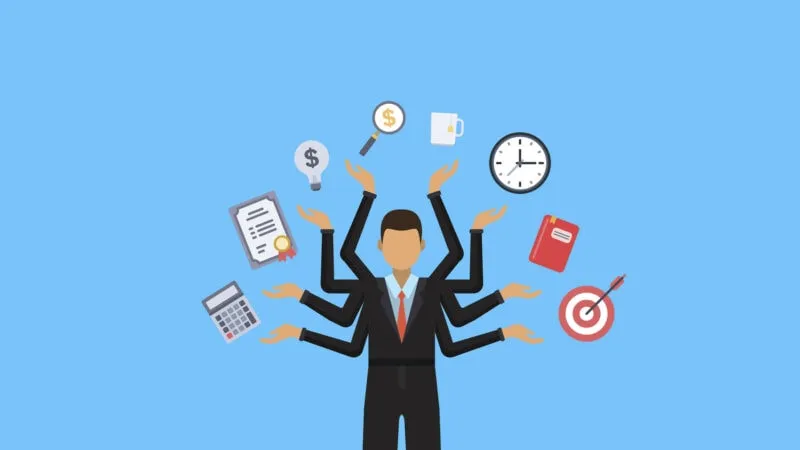generalfritz14 posted the question "Would you trust a politician making non-bias decisions for the economy that also has a direct tie to a company?"
To put it plainly no I would not. Of the many different influences on decision-making, I believe financial influence to be one of the strongest. Politicians large or small have the responsibility to serve the people, and in order to do that, they must remain unbiased and only follow within the parameters of our constitution. When the personal bias is mixed into decision making decisions get made that are not in the people's best interest. This is what is usually called a corrupt politician.
In many political settings loads of decisions are made that are a result of corrupt politicians trying to gain a paycheck from companies they may be invested in. If politicians had their own businesses, then the amount of corruption would increase drastically. An example of this would be if say a U.S senator owned a shipping company. If a law was put forth that forced all shipments to use a cleaner yet more costly fuel. Then that senator is not going to vote for that law because it would negatively affect his company even though many people may want him to vote for it.
This type of problem is already common and I believe more should be done about it. politicians should be a servant to the people, and such as position shouldn't be clouded with personal interests. Not only does such corruption put competitors at an unfair disadvantage, but it hurts the people who elected them. I believe that a drastic yet effective solution would be to ban those who hold office from holding a large amounts of a single company's stock and baring them from owning a business. This is a bit of a harsh solution, but would most definitely limit the amount of financial corruption in our government.

